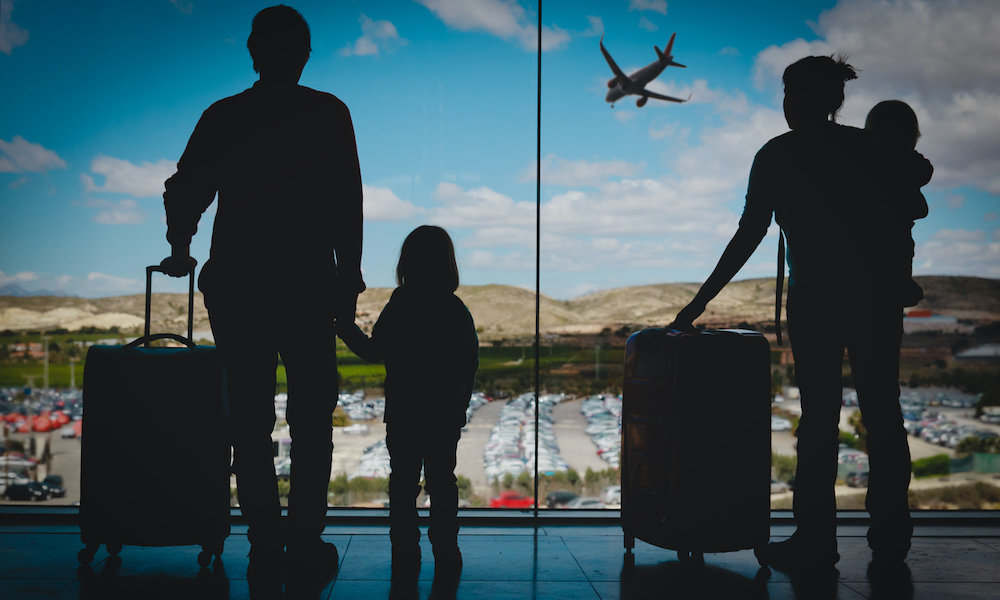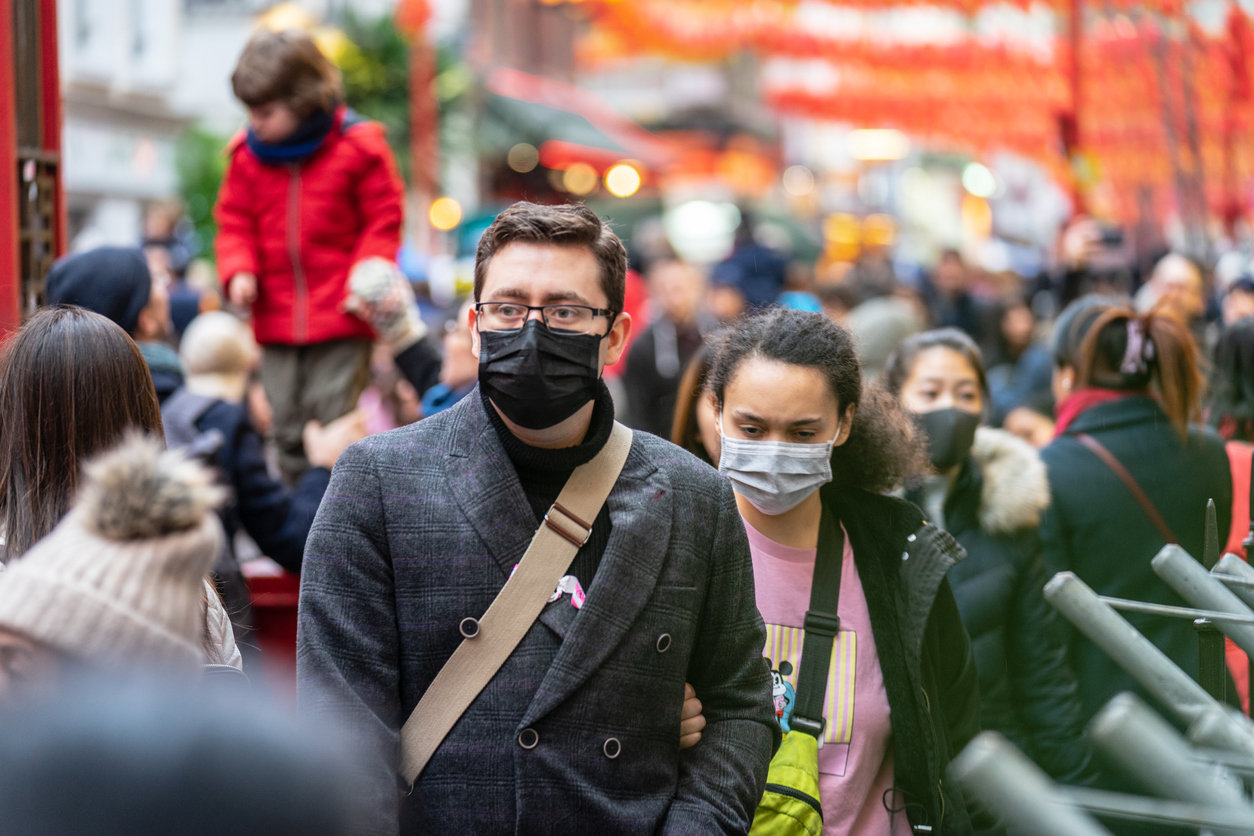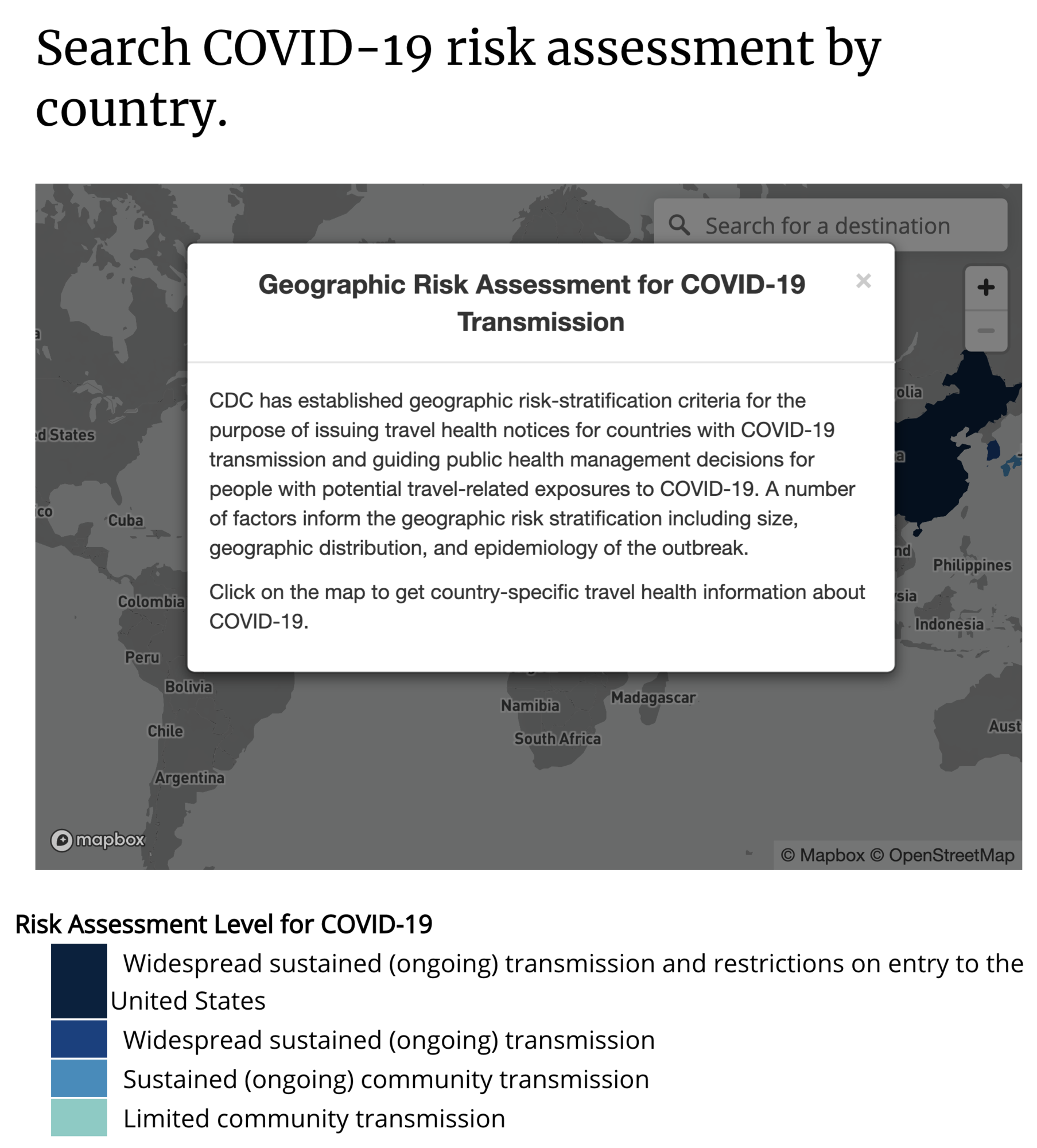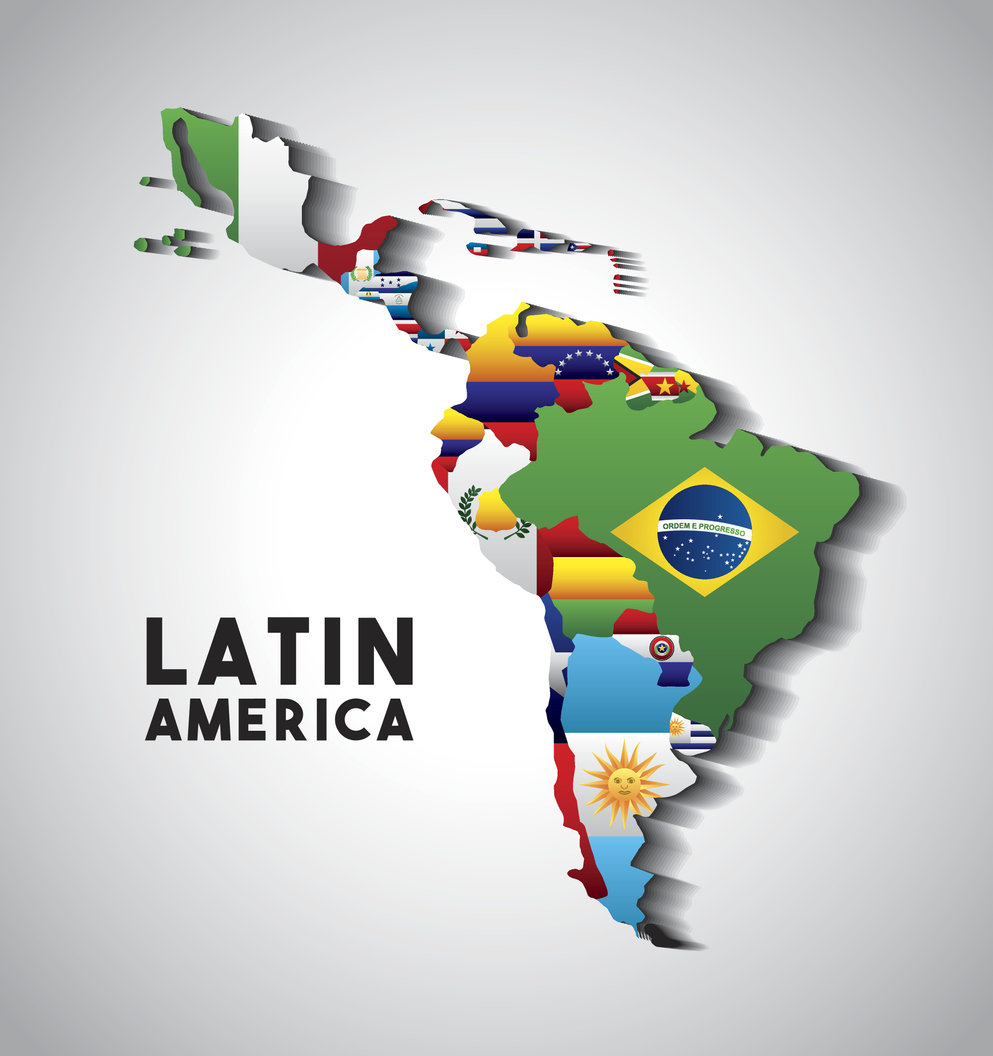
As new cases of COVID-19, the disease caused by the coronavirus, continue to spread across the world, many people are asking themselves if they should cancel any upcoming travel plans. In some cases, the decision has already been made, with airlines suspending service to certain places in China or reducing service to South Korea or Italy. But what if you are traveling somewhere else where no travel restrictions are in place? Is the situation so dire that you should cancel all travel plans out of fear? Or should you go ahead as planned in places where no cases or only a few cases of the new coronavirus have been reported?
More from MamásLatinas: First baby born with coronavirus raises concerns of mother-to-womb transmission
There is no one-size-fits-all response to whether or not you should cancel any nonessential travel that you have planned. The decision will ultimately be up to you after you assess the risk involved. In order to assess the risks and make a well-informed decision that will help keep you and your family from being exposed to the coronavirus, the best thing that you can do is to stay informed. Also, keep in mind that this is an ongoing situation, so to stay truly informed, you need to stay current. To that end, we have some information and resources to share with you.
COVID-19 is not a China or Asia problem.

"If there was previously a temptation to view the coronavirus as a China or Asia issue, then developments this week must force a shift in mindset," Nick Wyatt, head of travel and tourism research at GlobalData, said to Business Insider. "With the news that 12 towns in Italy are on lockdown and countries like Austria and Croatia announcing their first cases, it is readily apparent that the impact is likely to be felt on a more global scale than was perhaps previously envisaged."
COVID-19 started out in China, but now there are 61 countries outside of China with reported cases. According to the World Health Organization (WHO), the countries of greatest concern at the moment are the Republic of Korea, Italy, Iran, and Japan. This is definitely something to consider if you are planning to travel to any of those countries.
Let’s keep the danger in perspective.
As scary as it is that 61 countries outside of China have reported cases of COVID-19, there are over 130 countries that haven't detected any cases. If your travel plans are to a country with no reported cases, that might ease your fears. Also, even among the countries with reported cases, 90% of those cases are in China. Of the cases outside of China, 81% of the cases are from the Republic of Korea, Italy, Iran, and Japan. Of the 57 other affected countries, 38 have fewer than 10 reported cases, 19 have only one reported case, and some have contained the virus and have no new cases to report. All of this information comes from WHO.
How do you stay informed on which countries have reported cases of COVID-19?

The Centers for Disease Control and Prevention posts a map where you can check for risk assessment by country of the disease. In addition to letting you click on the map "to get country-specific travel health information about COVID-19)," there is also a color-coded risk assessment chart available with information that can help you make travel-related decisions.
For example, currently the CDC recommends travelers avoid nonessential travel to China, Iran, South Korea, and Italy. The CDC goes on to recommend that older adults or anyone with chronic medical conditions postpone travel to Japan and that travelers going to Hong Kong should "practice usual precautions."
What countries in Latin America have confirmed cases of the new coronavirus disease?

Here are the COVID-19 cases that have been reported in Latin American countries thus far:
- Brazil: 2 cases
- Dominican Republic: 1 case
- Mexico: 5 cases
As you can see, the numbers are not high at the moment, and your risk of exposure remains low if you are traveling to these countries or have visitors coming.
What to do if you choose to cancel or reschedule a trip?

First of all, get in touch with your travel provider to see what its current policy on cancellation or rescheduling is in regard to coronavirus concerns. As the situation changes, its policies will most likely change as well. You may not be able to get a refund, but perhaps you can get credit or pay an extra fee to reschedule. If the information on a website isn't clear to you, call so that you can speak to a customer service representative who can help guide you through the process.




